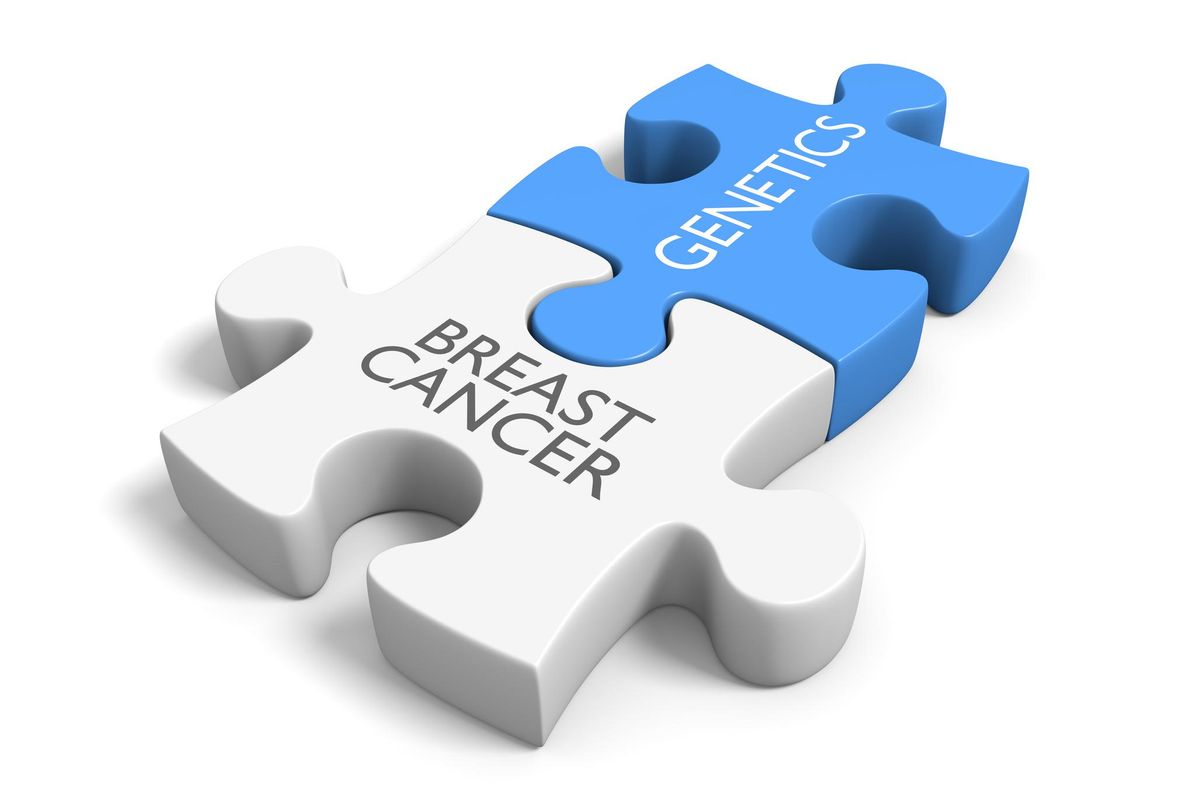
iStock.com/Kagenmi
Fast Facts: What You Need to Know About Genetics and Breast Cancer Risk
Your genes can play a role in your risk for breast cancer. Here's what you need to know.
Aug 31, 2021
May 30, 2024
Created With Support
HealthyWomen's Program Coordinator
Cynthia Louis-Juste is a program coordinator on the education team at HealthyWomen. She has worked with underserved and uninsured community patients to understand health disparities; conducted research on communication/cultural competency at Coney Island Hospital in Brooklyn, New York, through the Greater New York Hospital Association; and conducted community needs assessments alongside Morris Height Health Center in Bronx, New York, during her CDC-funded internship at Columbia University.
Cynthia graduated with a bachelor of science in public health with a minor in sociology and a master of public health with a concentration in health policy and management and certificate in health disparities from the University of Albany. Some of her health interests include addressing women's health issues, health disparities within underprivileged populations, and tackling health strategy and operations within healthcare organizations.
Full BioLearn about our editorial policies

Your genes can play a role in your risk for breast cancer. Here's what you need to know.
Medically reviewed by Dr. Kristen Zarfos
About 5% to 10% of breast cancer cases are hereditary, meaning they come from gene mutations (changes) passed on from a parent. But even if you have a family history, that doesn't mean you'll definitely get cancer. Here's a breakdown of the basics about genetics and breast cancer.
This resource was created with support from Daiichi Sankyo andMerck.